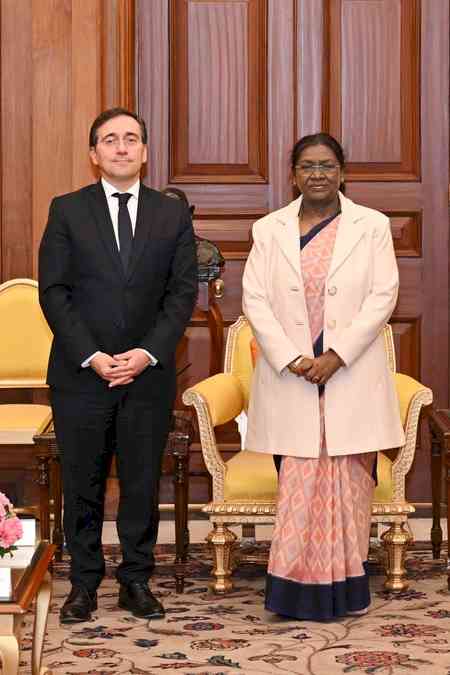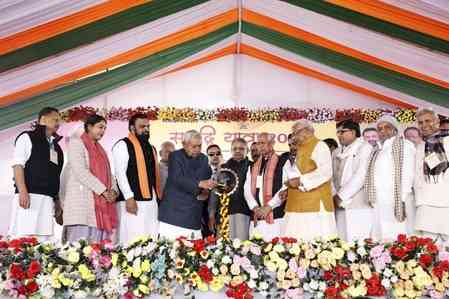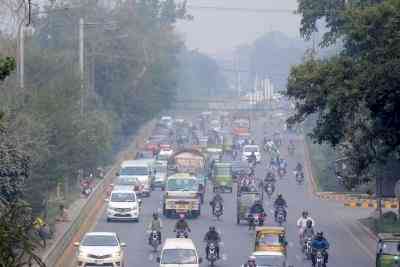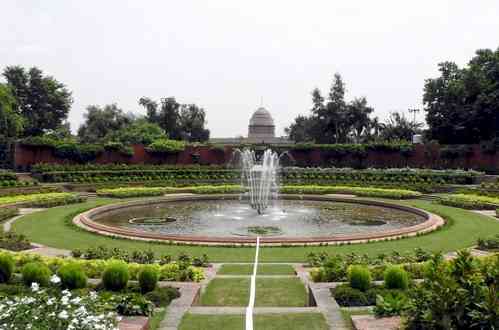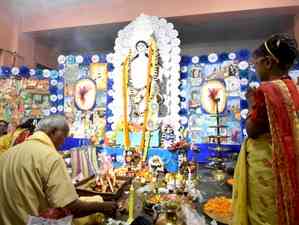Madhya Pradesh to construct 31,000 km road in remote areas
The Madhya Pradesh government has launched the Mukhyamantri Majra-Tola Sadak Yojana, a large-scale infrastructure initiative aimed at improving road connectivity for tribal communities in remote rural areas.

Bhopal, June 10 (IANS) The Madhya Pradesh government has launched the Mukhyamantri Majra-Tola Sadak Yojana, a large-scale infrastructure initiative aimed at improving road connectivity for tribal communities in remote rural areas.
The state Cabinet, under the leadership of Chief Minister Mohan Yadav, approved the ambitious scheme on Tuesday, allocating a budget of Rs 26,000 crore for its implementation.
The project, which seeks to construct 30,900 km of roads, will be executed in two phases. The first phase will span from 2025-26 to 2029-30, while the second phase will run from 2030-31 to 2034-35.
Urban Development and Housing Minister Kailash Vijayvargiya emphasised that the scheme is designed to integrate isolated Majra-Tolas into the broader road network, ensuring better accessibility for tribal populations.
Panchayat and Rural Development Minister Prahlad Patel proposed the initiative, which was subsequently approved by the Cabinet.
Chief Minister Dr. Mohan Yadav has instructed ministers to identify Majra-Tolas in their respective constituencies to facilitate the planning and execution of road construction.
The Madhya Pradesh Rural Road Development Authority will oversee the implementation of the scheme, prioritising areas that currently lack road access within 50 meters.
The project aims to connect 20,600 habitations, with eligibility criteria requiring a minimum of 20 houses and a population exceeding 100.
The selection process will involve inputs from local MPs, MLAs, and district officials, ensuring that the most underserved areas receive priority.
Beyond connectivity, the scheme is expected to have a significant socio-economic impact. Improved road access will enhance mobility for residents, facilitating better access to healthcare, education, and employment opportunities.
Additionally, the initiative aligns with broader state efforts to promote rural development and economic stability.
The Cabinet also approved a full exemption on mandi fees for imported tur dal, aiming to stabilise market prices and support agricultural trade.
Furthermore, the government has sanctioned the construction of working women’s hostels in Jhabua, Singrauli, Dewas, and Narmadapuram, providing safe and affordable accommodation for women in the workforce.


 IANS
IANS 
